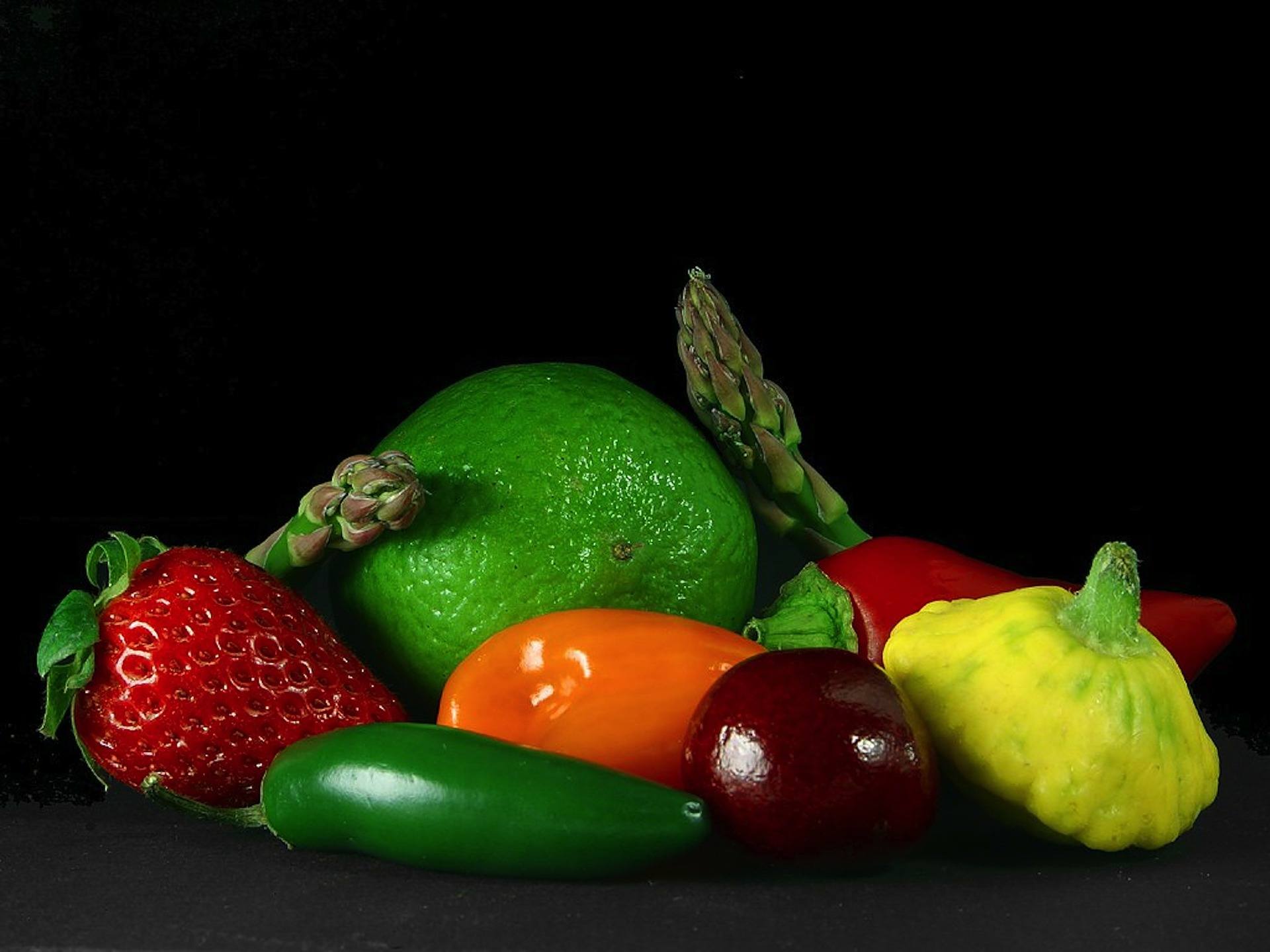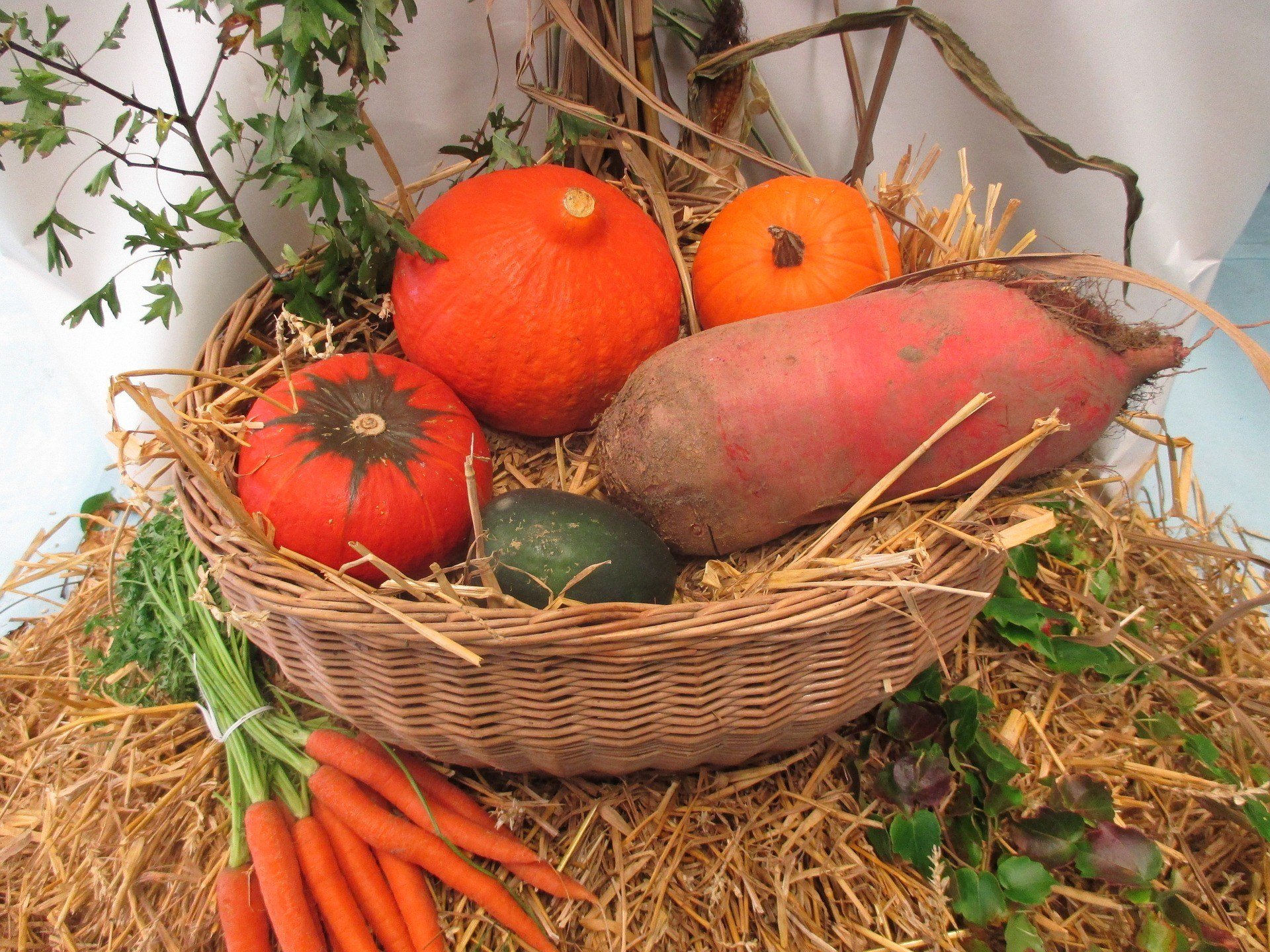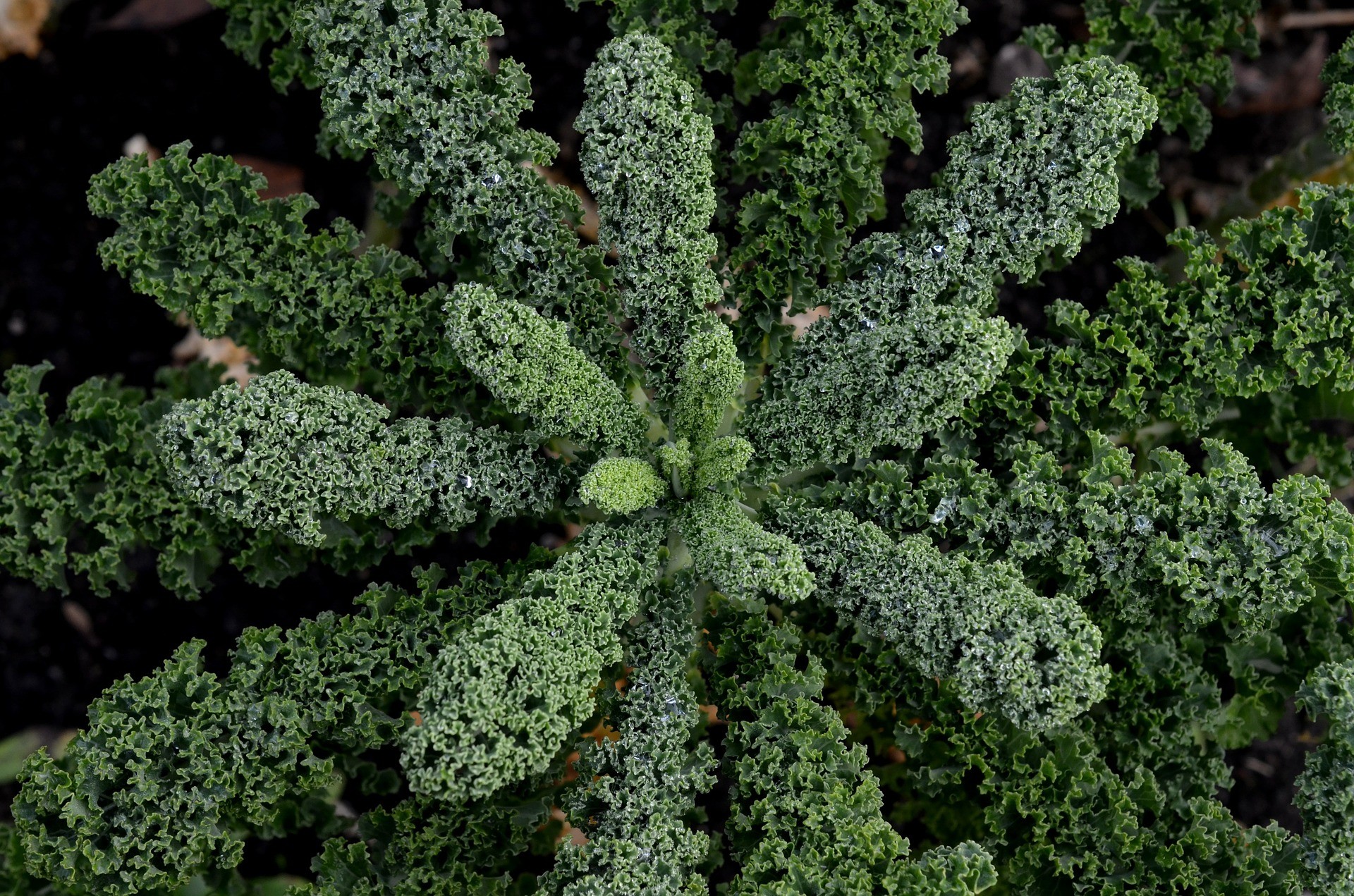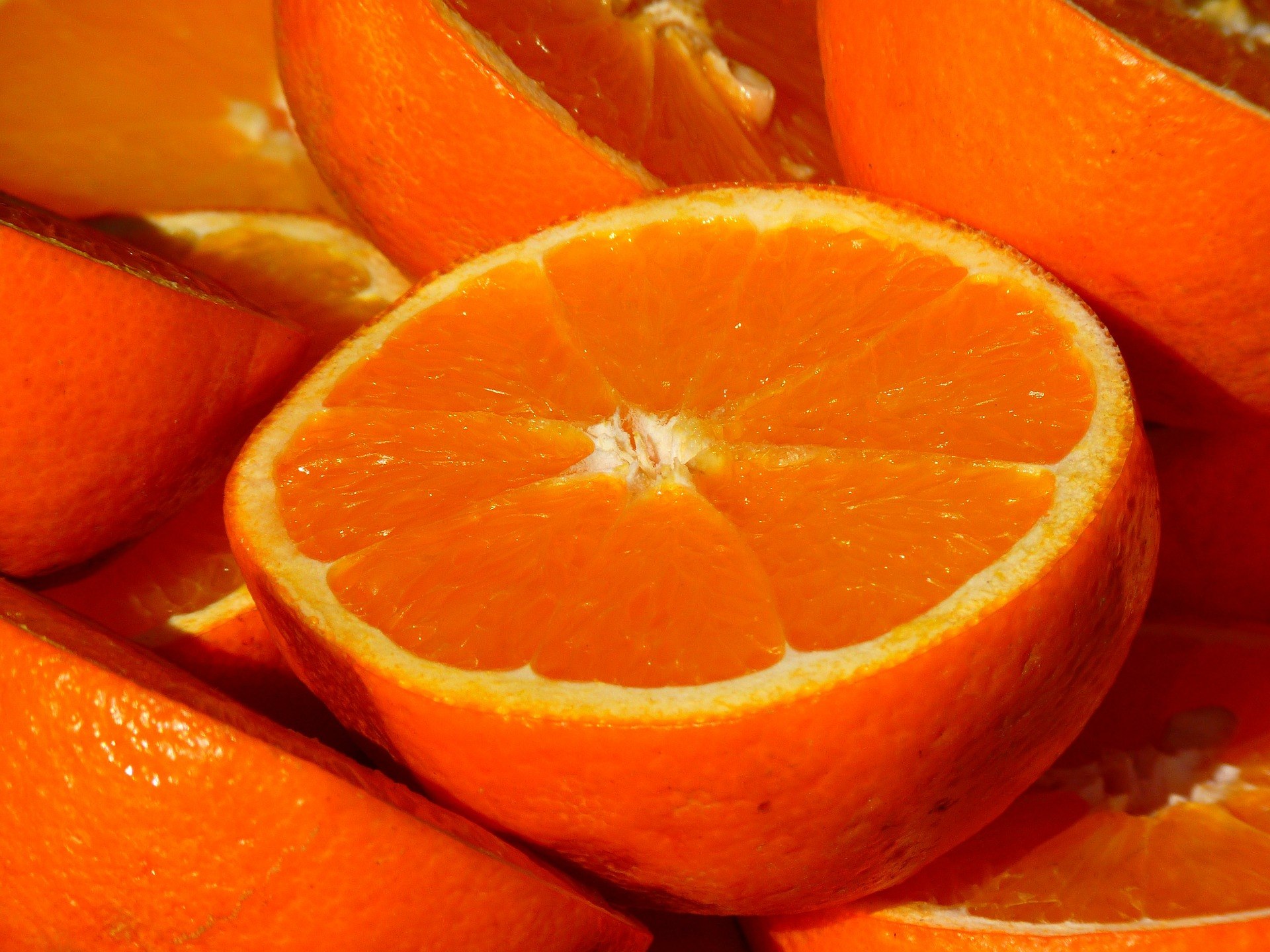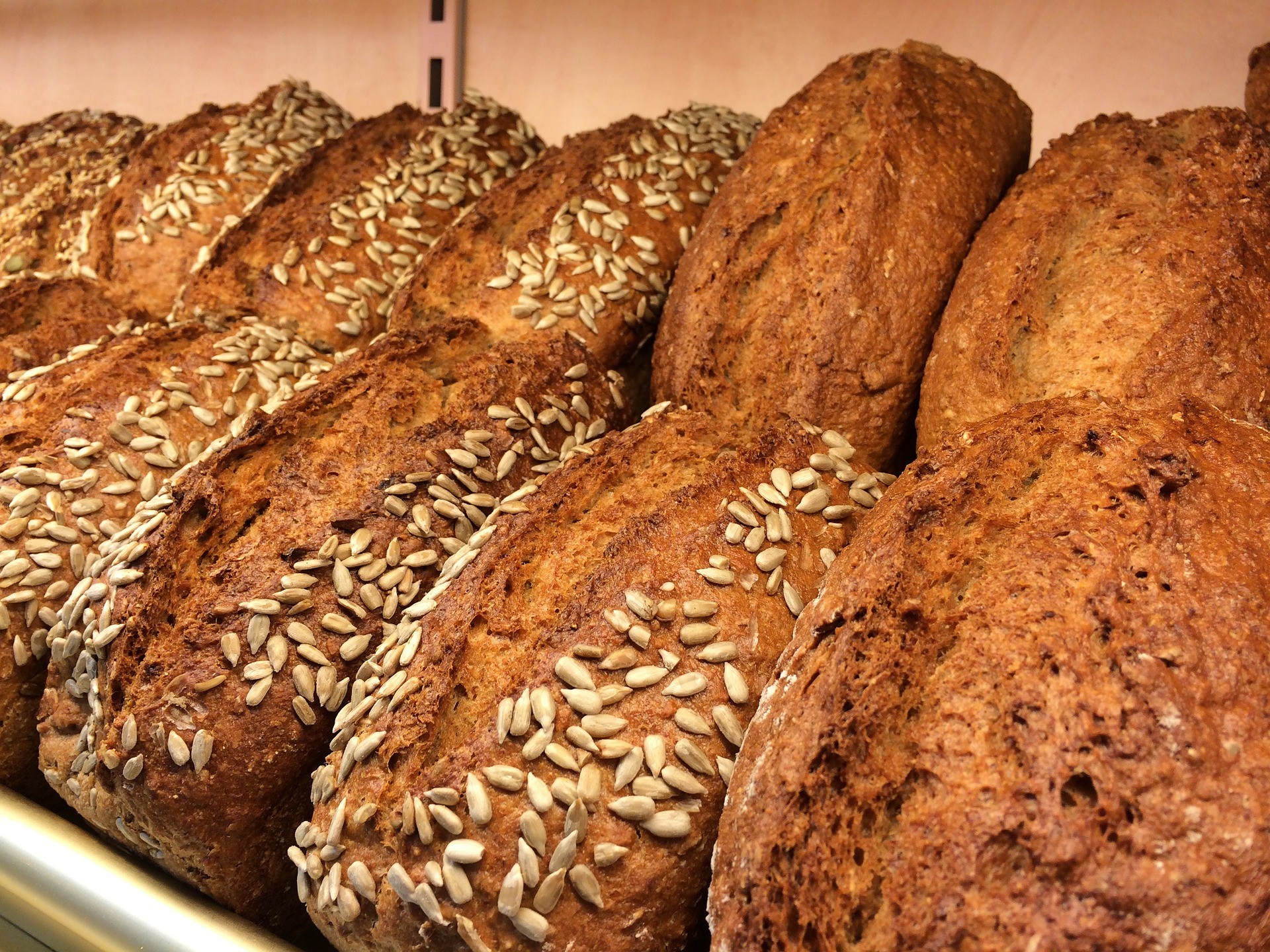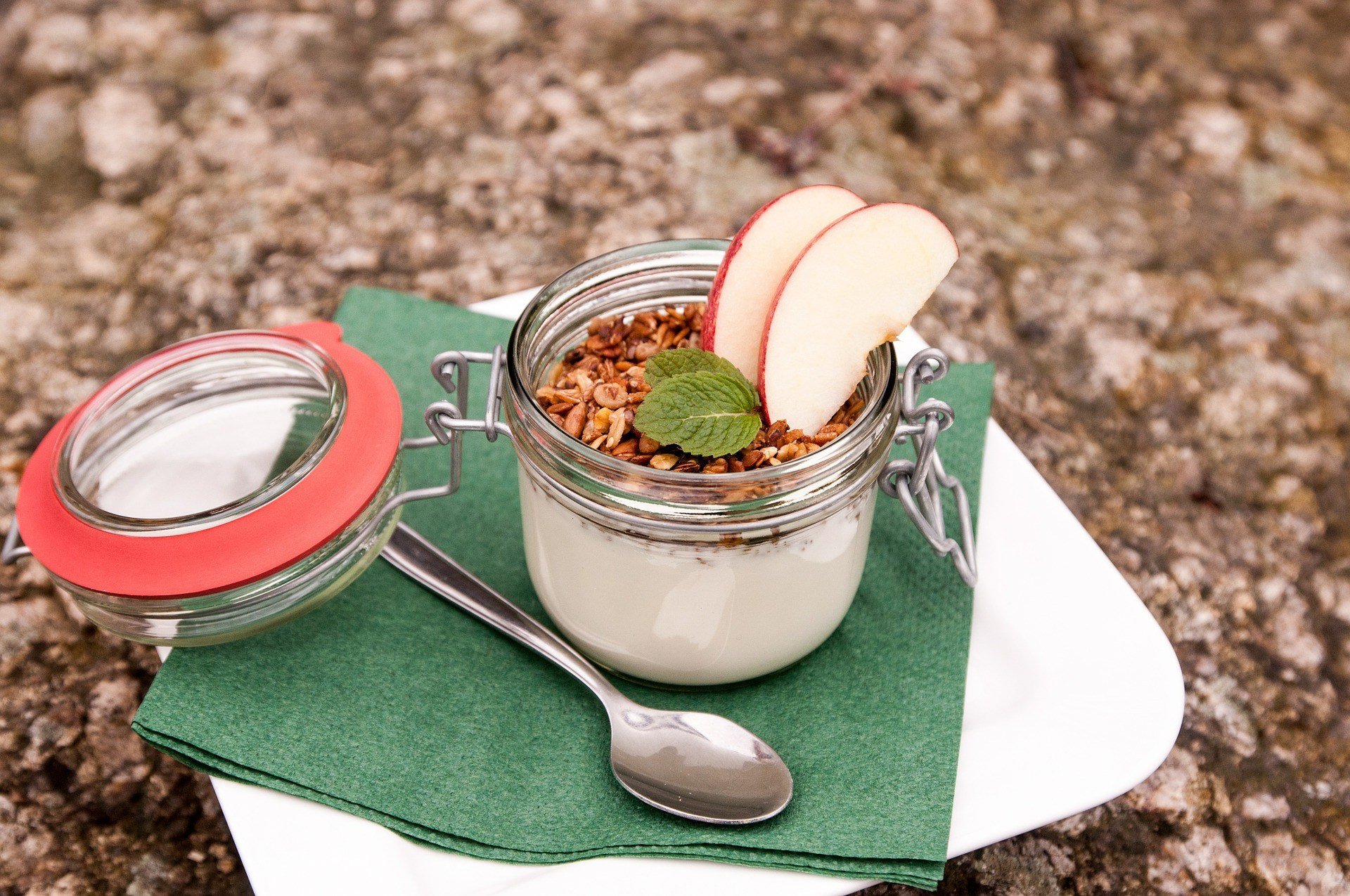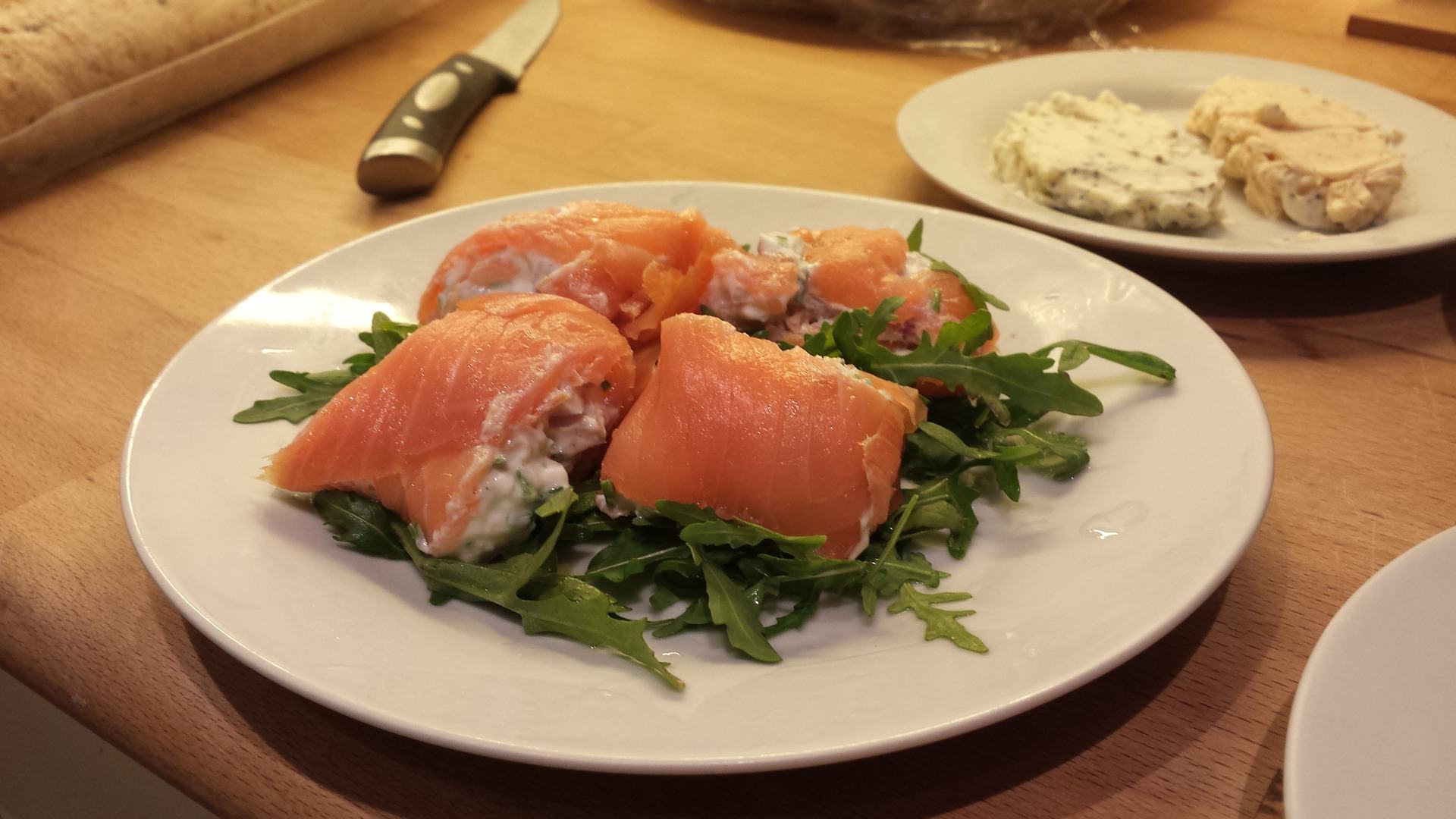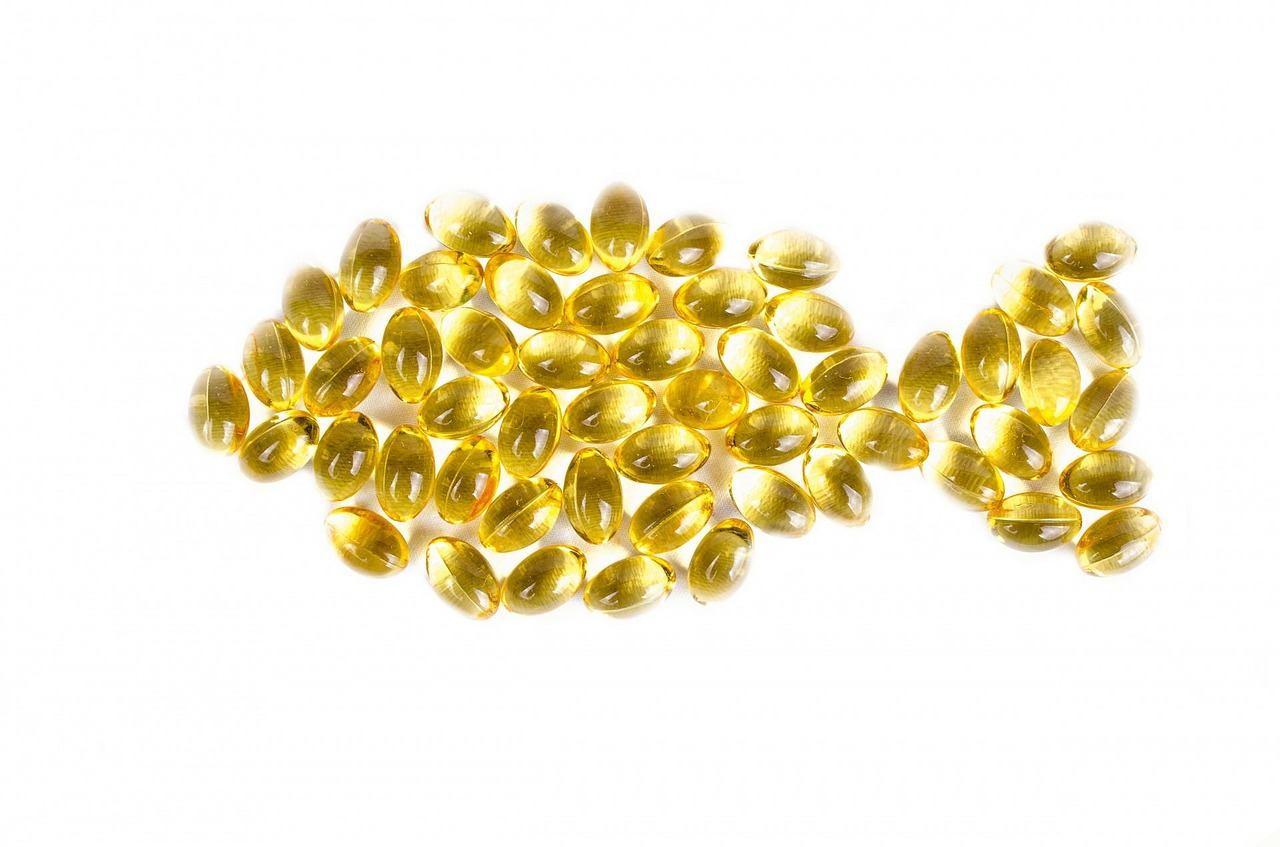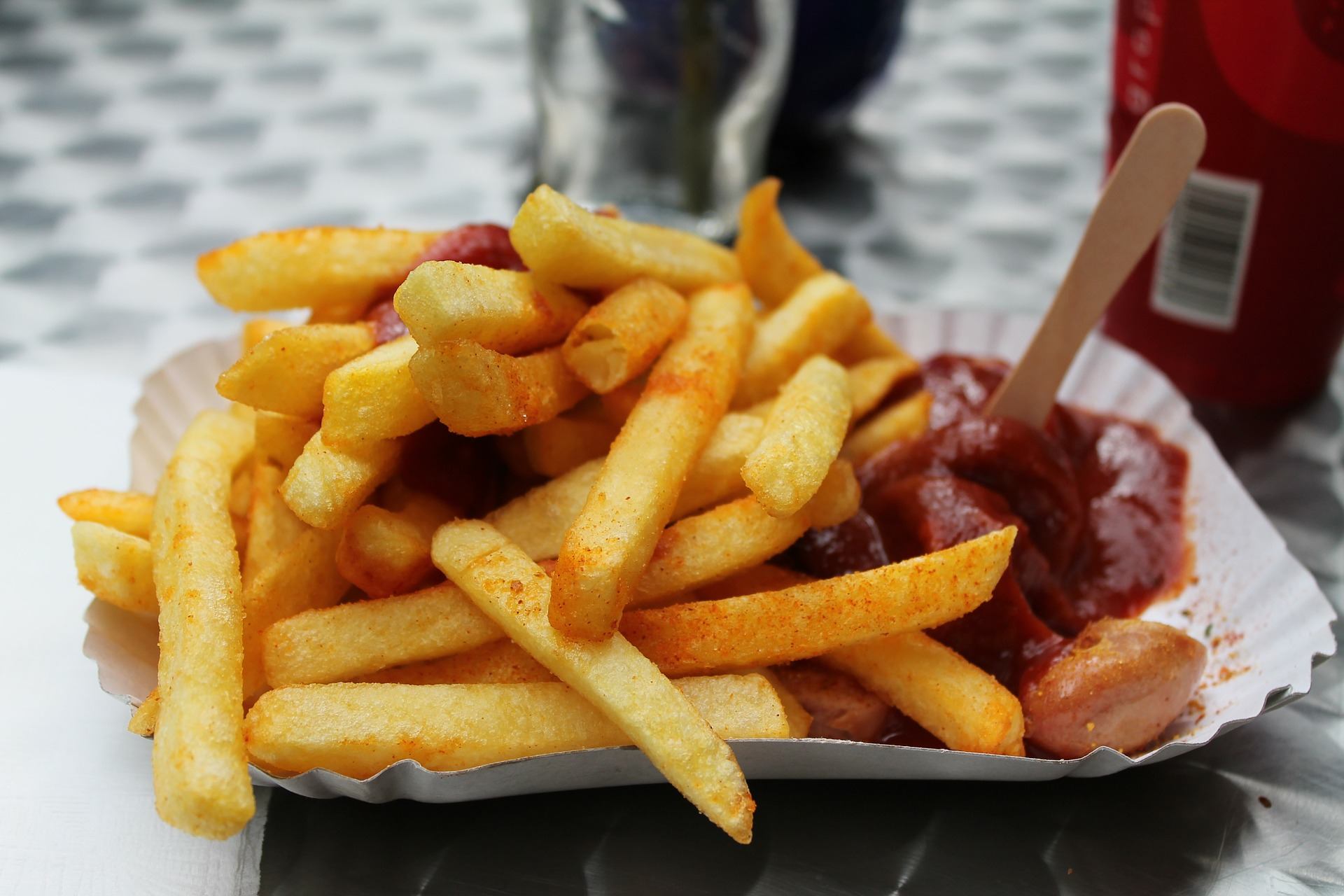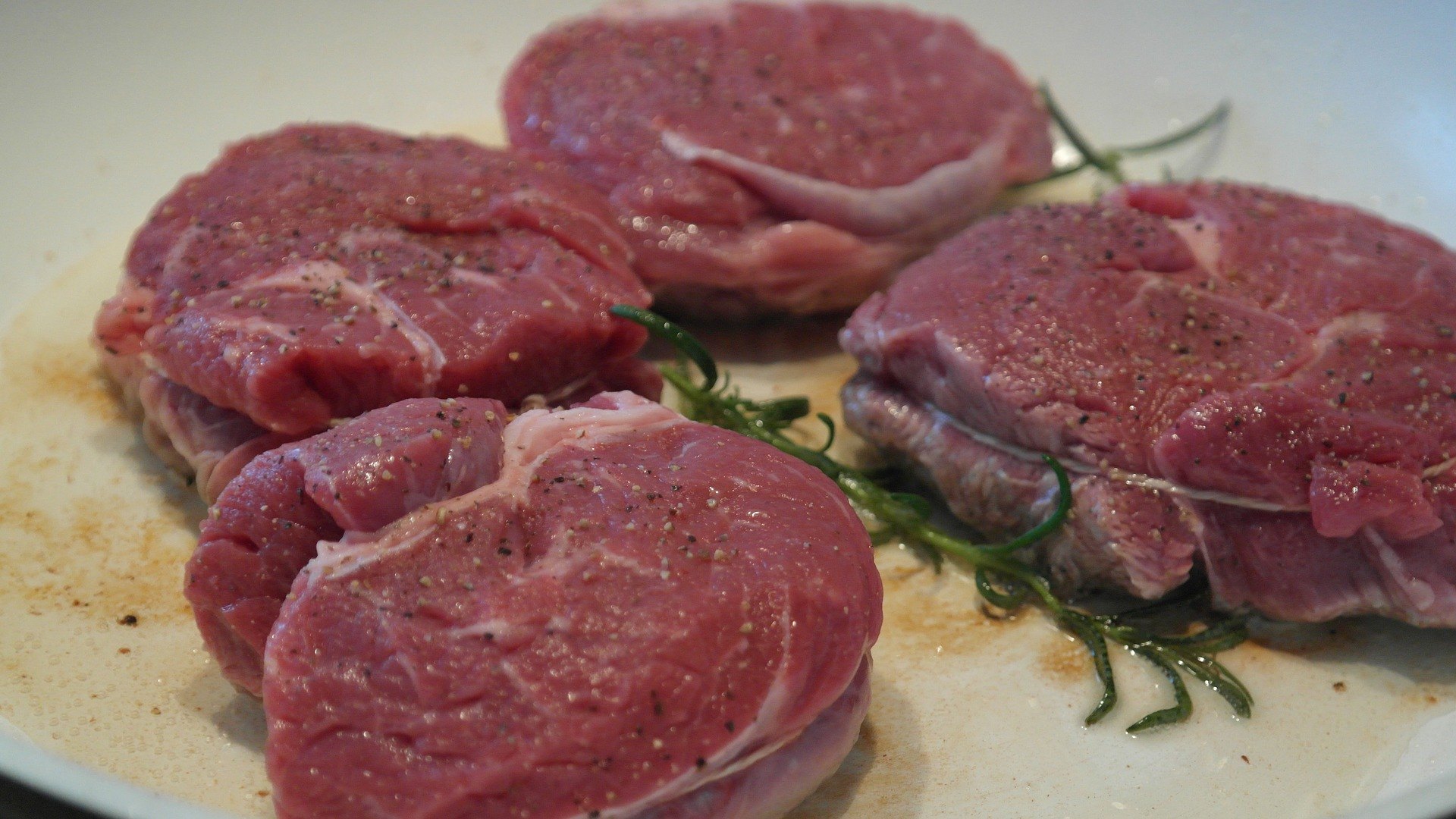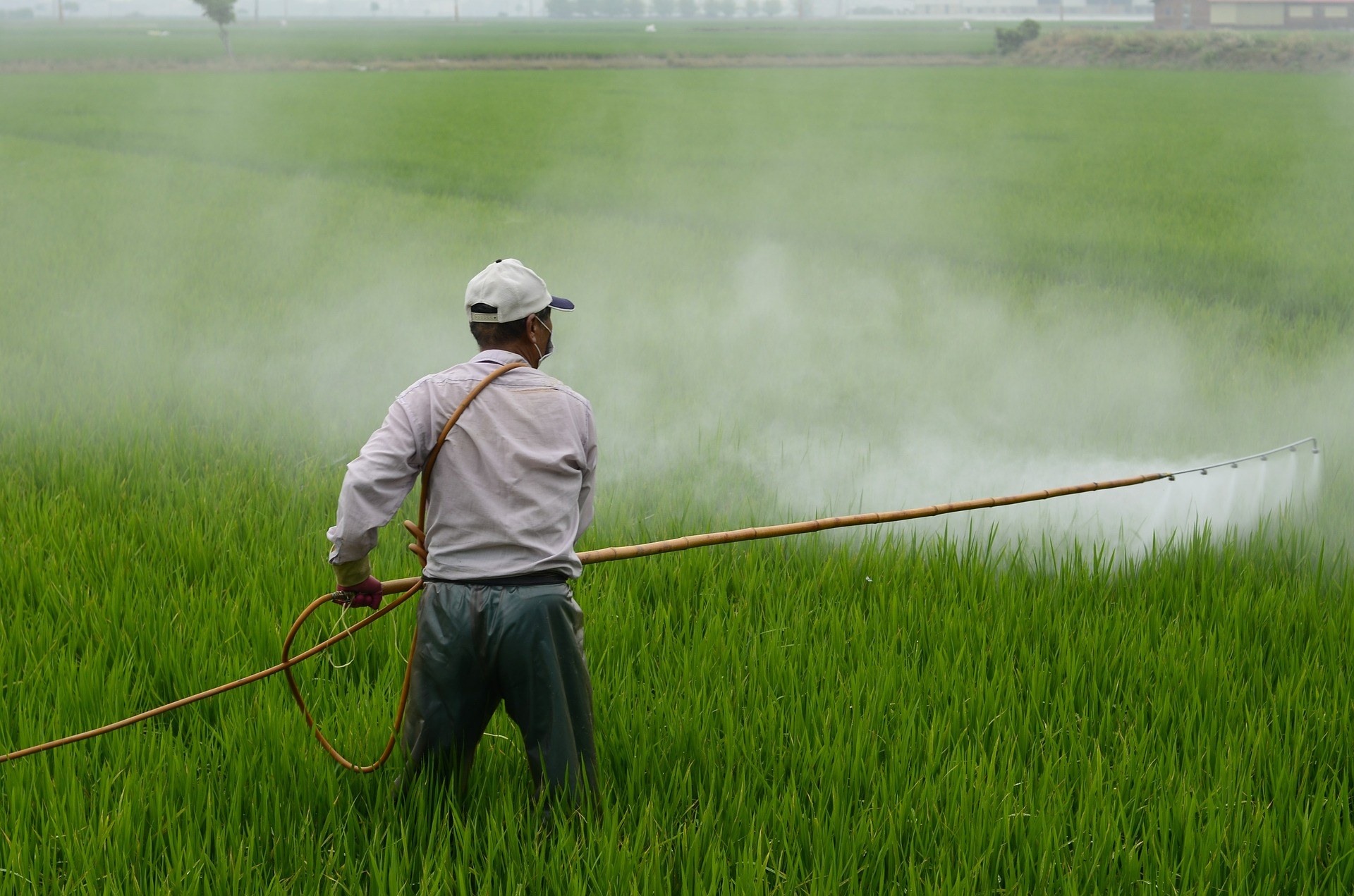If there’s one topic where everyone seems to have a different opinion, it’s around the subject of health. It can be very difficult to get a straight answer on what we should and shouldn’t eat. First, we hear about a study showing something is bad for us. The next day, another study comes back that it’s good for us. It can make it very hard to know truth from trumped up.
The stakes, and often the confusion, are even higher when you become pregnant. The one thing that all studies agree on is: what a woman eats when she’s pregnant is very important for both her health and her baby’s.
So, if you’re pregnant, and are wondering what should you eat or what you should avoid we’ve got you covered. Here are a few things that are universally important for all pregnant women to include in their daily diets.
Water
It may seem like common sense, but many people forget how important it is to include water in their diets. In a world that runs on sugary drinks, teas, and coffees we sometimes forget that water is a huge part of our make up. We need to replace it throughout the day to stay healthy.
If you’re pregnant, getting eight full glasses of water per day is even more crucial for your health. Your body is doing a lot of changing and adapting to grow a new life. Make sure you stay hydrated with pure water.
If you find pure water too boring, you can also add lemon, lime, fresh cucumber, or fruit into your water to give it an extra kick. Keep a 16-oz water bottle with you to remind yourself to keep drinking. Fill it up at least four times throughout the day.
Fresh Fruits and Veggies
This should come as no surprise to anyone. All studies tell us that getting enough fresh, whole fruits and vegetables in our diet keeps us healthier. Pregnant women should strive to get at least five servings per day from this food-group. Try to get a rainbow of colors on your plate to ensure you are getting all the vitamins and minerals possible.
Orange Vegetables
Make sure to include one serving of an orange vegetable per day within the recommend five overall servings. Some good choices are carrots, squash, or sweet potatoes. The orange color indicates the presence of beta-carotene, which is converted to Vitamin A in your body.
While there are warnings about consuming too much Vitamin A during pregnancy, this is not a concern with beta-carotene. Your body will only convert what you need. Beta-carotene is an antioxidant. It helps protect your body against free radicals and ensures your immune system is strong.
To make sure that you get enough orange veggies, keep a bag of carrots next to you to snack on. You can also cook squash or sweet potatoes in your oven and eat them as a healthy side dish.
Dark Green Vegetables
Out of the five overall fruit and veggie servings, you need to eat at least two servings of dark leafy vegetables per day during your pregnancy. When it comes to greens, the darker the color the better. Some nutritionally dense veggies portraying the darker green color are kale, spinach, collards, and turnip greens. These power foods contain calcium, vitamin E, riboflavin, folic acid, magnesium, and again beta-carotene — the superstar phytochemical that is vital to your baby’s skin, bones, eyes, and cell growth.
Try to eat these leafy green veggies both raw and cooked. You can throw all of your greens into a fresh salad and add extra color – or nutrients – by throwing in a rainbow of bell peppers, carrots, tomatoes, and cranberries. You can also sauté these greens lightly for a hearty side dish. Kale also can be dried in the oven to make yummy kale chips – which is a healthier alternative to potato chips.
Citrus Fruit
Make sure to include citrus fruits like oranges or grapefruit in your diet. While these fruits provide many important nutrients, the most important one is Vitamin C. This vitamin helps with the immunity of both mom and baby.
Try to eat at least one serving of citrus fruit per day. You can start your day with a grapefruit or peel an orange as a midday snack. Try to choose the fruit over the juice, as the added fiber will help slow the absorption rate of the fruit sugars into the blood stream and avoid a sugar spike. Gestational diabetes also occurs in about 18% of all pregnancies. For these ladies, it’s crucial to keep their blood sugar stable. The extra fiber found in the fruit also helps with digestion.
Whole Grains
Most dietitians also recommend six servings of enriched whole grains and cereals per day. Make sure you eat whole grains, not refined grains. The nutritional difference is night and day!
Some good whole grains to work into your diet are oats, whole wheat, barley, quinoa, and rice. These foods contain B vitamins (like B1, B2, folic acid, and niacin), which are necessary for just about every part of your growing baby’s body. They are also packed with iron, selenium, and magnesium. Grains supply energy for your baby’s development. They also contain nutrients that help build the placenta.
Most grains also have plenty of fiber. Fiber is your new best friend when you’re pregnant. It helps prevent constipation and hemorrhoids, which can become more common during pregnancy.
Grains are fairly easy to add into your diet. You can eat a cup of oatmeal or whole-grain cereal with fruit. You can add whole-grain pasta to your dinner, or even have a couple slices of whole-grain bread to surround a healthy sandwich full of fresh veggies and avocado for some healthy fats.
Dairy
Many doctors also recommend that pregnant women get at least three servings of dairy products to provide calcium, vitamin D, phosphorous, and protein. Your baby needs these nutrients to develop teeth, bones, muscles, nerves, and a healthy heart. They also help your baby’s blood clot.
Some healthy choices to include in your diet are cottage cheese, Greek yogurt, and some grass-fed butter spread on those yummy veggies.
Protein
Protein is a vital building block for both your body and your baby. Not getting enough protein can contribute to low birth weight. You should aim to get three servings of healthy protein per day.
Some great choices are lean meats, eggs, low mercury fish, legumes, nuts, and seeds. In addition to protein, fish provides an important Omega 3 fatty acid – DHA. This is crucial for the brain development of your little one.
You can eat lean meats in sandwiches or as your main dinner course, along with fish. Eggs can be hard-boiled for easy access later and used in salads or as a quick snack. Legumes are also a great choice in salads and sides. You can eat nuts and seeds as a snack, or enjoy fresh nut butters on whole wheat bread.
Supplements
While it’s always best to get your vitamins and minerals naturally in your food, this doesn’t always happen. It’s a good idea to supplement your diet with critical prenatal vitamins such as omega 3 fatty acids, folic acid, iron, iodine, calcium, and vitamin D.
What Foods Should Pregnant Women Avoid?
The foods that women should avoid when pregnant are often foods anyone else should also avoid to remain healthy. The stakes are just raised a bit higher when a baby’s development is tied to the mother’s dietary choices.
Junk Foods
In general, highly processed junk foods should be avoided. If you can’t identify half of the ingredients on the nutrition label, it’s probably best to leave it alone. You and your baby don’t need all the excess salt, preservatives, and additives. However, just because a food is healthy doesn’t mean it can’t be a fast food. You don’t need that drive-through! After all, it’s just as easy and fast to grab an apple instead of an order of fries.
Sugar
You should also watch your intake of sugar, as well as avoid soft drinks and other sweets during pregnancy. Too much sugar in your diet not only puts you at risk for insulin issues and gestational diabetes, it can also cause your immune system to weaken. Sugar actually inhibits phagocytosis, which is the immune system’s response to eliminating germs in the body that can make you sick.
Under-cooked Meat
Now is not the time to have a rare steak or a slice of sushi. The bacteria that can sometimes be found in under-cooked meat can cause contamination with coliform bacteria, toxoplasmosis, and salmonella.
Even though they are cooked, it is also best to avoid deli meats. They can be contaminated with listeria, which can cause a miscarriage. If you must eat any hot dogs or packaged meats, you should cook them until they are steaming to kill the bacteria.
Fish High in Mercury
Unfortunately, our oceans have become polluted. When larger fish ingest smaller fish, this level of pollution becomes much more concentrated within their meat. The biggest concern is the level of mercury found in these fish.
The top offenders with higher mercury loads are swordfish, shark, king mackerel, and tile-fish. Tuna may also be on this list depending on your source. The general rule of thumb is: the smaller the fish, the cleaner the meat.
Unwashed Fruits and Veggies
Make sure to thoroughly wash all fruits and vegetables to avoid pesticides. If possible, buy organic to avoid contaminates found on commercially-grown produce.
Avoid raw sprouts, such as alfalfa, clover, radish, and mung bean. You can eat them, just cook them thoroughly first to avoid bacteria.
Limit Caffeine
Caffeine has been shown to cross the placenta and affect your baby. Some studies suggest that caffeine may play a role in miscarriages; however, this risk is only seen after more than two cups of coffee per day. Many women avoid it all together to stay safe. However, if you just can’t function without that morning cup of coffee, you are probably okay as long as you limit it to 200 milligrams per day.
Avoid Alcohol
This point isn’t really up for much debate. No level of alcohol has been shown to be safe for your baby. Women who drink during pregnancy have higher risks of miscarriage and stillbirth. Even moderate drinking can impact your child’s brain development. Finally, too much alcohol during pregnancy results in fetal alcohol syndrome, which can cause facial deformities, heart defects, and mental issues.
Your Choices Matter
Being pregnant is a very special time in a woman’s life. However, it is also a time where her choices affect the life of another. One of the best ways to ensure that you have a healthy baby is to offer every chance possible to start out well in this life.
In fact, scientists are now studying a mother’s diet during pregnancy and its affect on epigenetics. Recently, an entire new field of nutrigenomics has been created to study the effect of diet on gene expression. While it’s not within the scope of this article, scientists are discovering that the nutrients a baby receives while developing and in early infancy can alter their very DNA structure. This further shows the importance of diet in not only helping to prevent illness, but also in shaping a future life at the cellular level.
With new studies coming out all the time, some things remain constant. Eating fresh, whole foods has worked for centuries. If we continue to eat food found in its natural form, unaltered for the convenience of shelf life, presentation, profitability, sales growth, or higher yield returns, our kids should turn out alright.
Featured photo credit: Pixabay via pixabay.com


